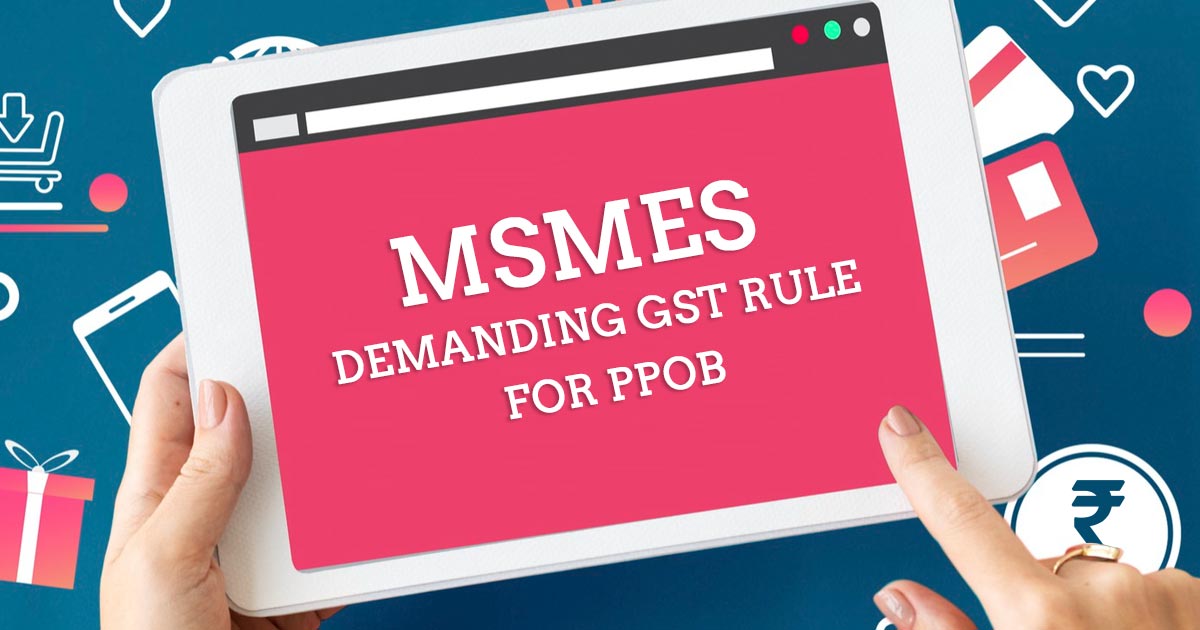
In an audacious move last year, in the 47th general meeting of the GST Council, both offline and online sellers were brought on an equal footing concerning the mandatory registration of GST.
Before, online sellers needed to register for GST by selling through e-commerce. It was mandatory, regardless of their annual revenue. In the case of offline sellers, an exemption of 40 lakhs in annual turnover was allowed, which was Rs. 20 lakh in the same states. This caused an imbalance between online and offline selling and made it difficult for the sellers to sell online.
Following the declaration, if a seller has a total annual turnover in all of India below Rs 40 lakh, whether he is an online or offline seller, he will be free from the GST registration requirement, or it will not be mandatory at least. Additionally, the Finance Bill 2023 emphasised further the significance of composite schemes on the fixed rate of GST on annual turnover for sellers who sell online. While both of the modifications permit these sellers to sell goods only within their state, it would inspire MSMEs to sell online. But the current GST system requires more modifications to lessen the compliance burden.
If a seller makes more than Rs 40 lakh in annual revenue, they must register for GST in order to store their goods in a State. However, the seller must register a place of business and designate it as a principal place of business (PPOB) in the state where they run their operations to register for GST.
At this time, the law does not clarify any requirements for PPOB’s size or the required minimum staff size. The only requirement for the place of business under Section 2(85) of the CGST Act is that it must be a place from which the business is ordinarily carried on, and includes a warehouse, a godown, or any other place where a taxable person stores his goods, supplies or receives goods or services, or both. And also, a place where a book of accounts is maintained.
Additional PPOB compliance requirements are linked with supplying seller data, keeping books of accounts, communicating with their authorised representatives, and cooperating with tax authorities. It needs to be observed that in every state where they conduct business, sellers who store products must be in accordance with these regulations.
Read Also: GST for MSMEs: Benefits, Business Management & Govt Actions
Additionally, the sellers would be liable to pay the overhead expenses of the property and tax compliance. Small businesses can not serve their customers nationwide because they are uncomfortable placing merchandise outside of their home states due to compliance requirements. Small sellers would get the advantage from the GST registration process being made simpler around PPOB.
It is possible to deal with enforcement-related issues from the state’s perspective. It can also be understood by giving merchants the option to register for state-level GST with a single national PPOB for online sales.
Important: Easy to Know Key Decisions of GST 47th Council Meeting
States may also continue to exert control over sellers since they must file State taxes and fulfil their commitments to deposit 1% TCS on behalf of sellers under the 194O Income Tax Act. It is imperative to observe that while bigger sellers can offer PPOB in all States, the responsibility frequently rests on the smaller sellers who must follow the norms.
With the modifications, sellers would have the option of putting the investor in the marketplace warehouse or somewhere else it is appropriate.